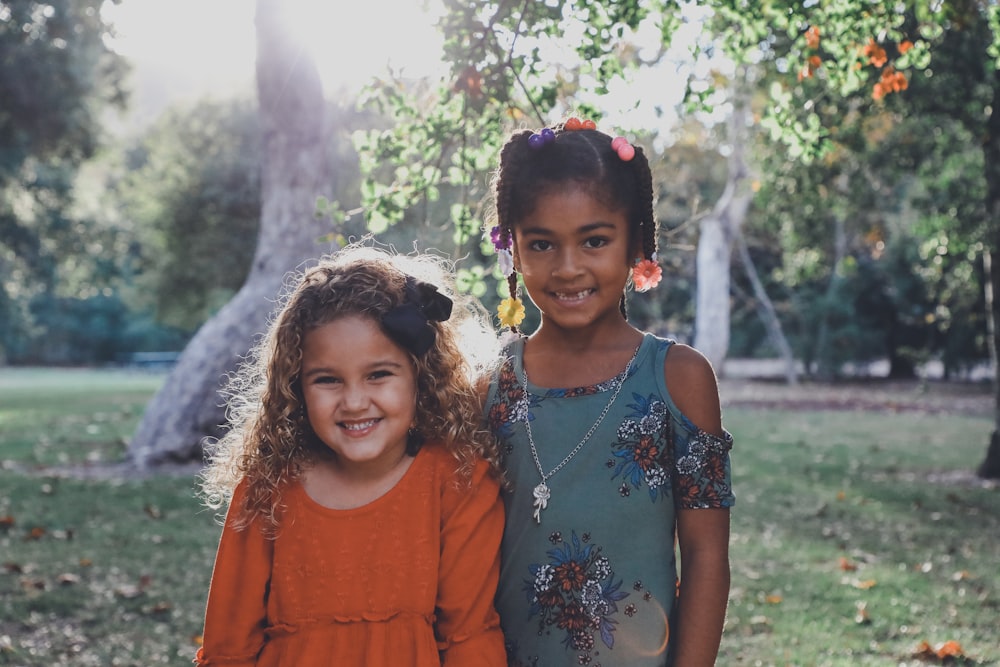Helping Children Cope When A Sibling Has Blood Cancer
When a child is diagnosed with blood cancer, it can affect every member of the family. This is true for children with a sibling suffering from blood cancer, especially if they are young and do not fully understand the extent of what is happening around them.
Parents and family members can support children through this difficult time by helping them better understand and cope with their sibling’s diagnosis.
Be open and understanding.
When it comes to a blood cancer diagnosis, children are bound to have a million questions about what is going on. Instead of ignoring these inquiries, parents should be completely honest and answer any questions they might have about their sibling’s diagnosis and treatment. An open conversation will give them the opportunity to talk about their own thoughts and feelings, and how the situation might be affecting them.
This also serves as a good time to warn the siblings about any physical, emotional, or mental changes their brother or sister might undergo. During treatment, blood cancer patients might have less energy, lose weight, or lose their hair.
Since the start of COVID-19, hospitals and treatment centers have reduced visitation. Make sure your children know they might not be able to see their sibling, but it is not because they did anything wrong – it is because it is better for the health and safety of their sibling.
Keep a routine.
Disruptions to their normal routine are inevitable, but siblings should keep to their daily routine as much as possible. This includes school, sports, extracurricular activities, and clubs.
If a disruption does occur, keep your child informed and let them know ahead of time, if possible. Let siblings know what days their brother or sister has treatment, where they will be during that time, and who will be taking care of them. This will prevent any negative feelings of being lost or ignored.
If possible, arrange for time to spend with each sibling on their own. This could include eating a meal together, going for a walk, watching a movie, or simply helping with homework.
Ask for help.
It is important to let your children’s teachers, coaches, tutors, and guidance counselors know what is happening. They have most likely dealt with a similar situation in the past so they will know exactly what needs to be done to help your child through this difficult time.
Do not be afraid to ask for help. Close family members and friends are most likely trying to think of ways to help you during this time – asking them for definite favors will make both you and them feel better. Your network will not only be helpful in getting your children to normal activities, they will also be there for your children if they ever need someone to talk to.
If you would like to learn more about how to support a child through a sibling’s blood cancer diagnosis, or need additional resources, please contact There Goes My Hero at 443-339-4375 or email us at stephanie.cupp@theregoesmyhero.org.

